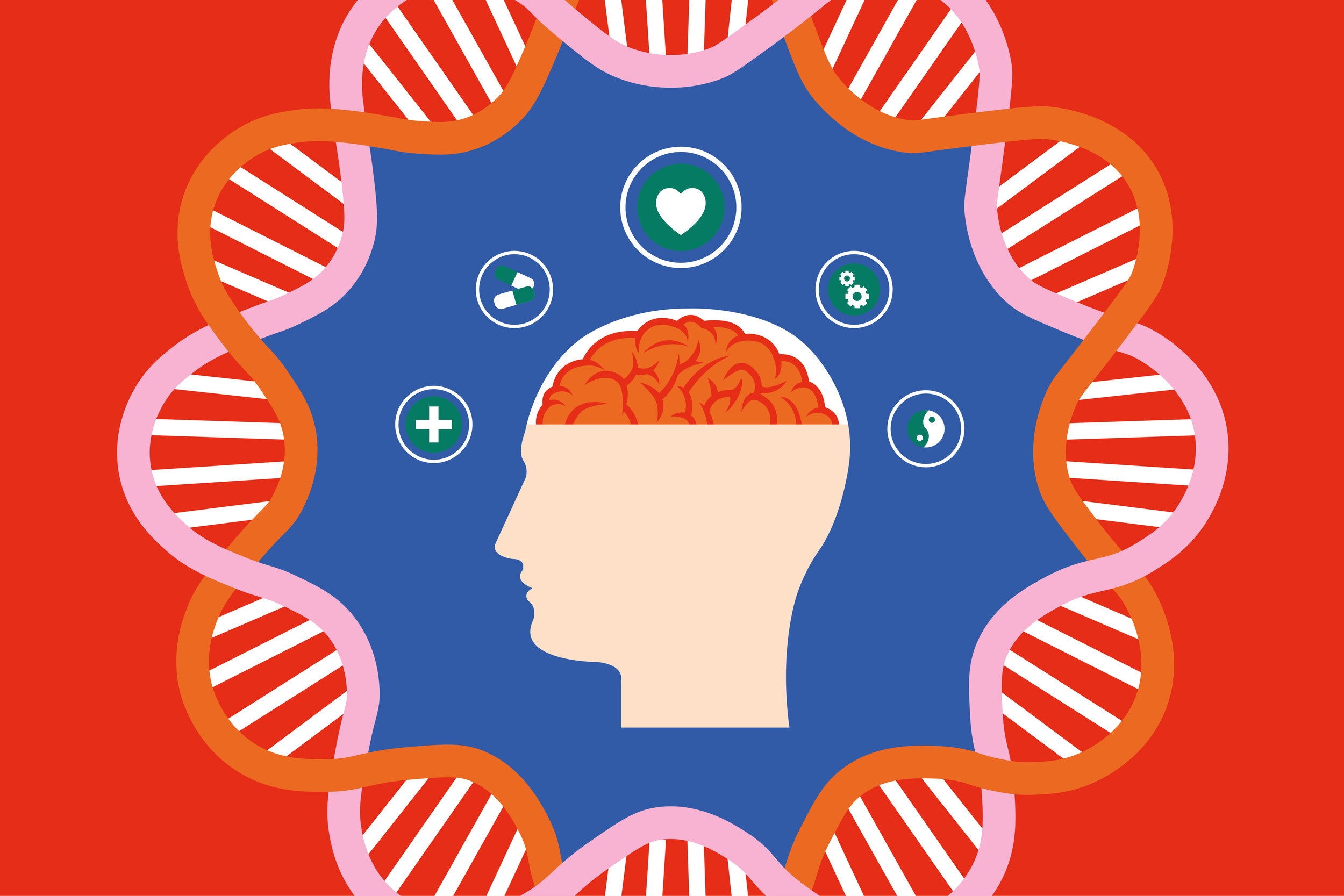How to support your child when they have a learning disability
We have already discussed how there is no “cure” for a learning disability (we hope you’ll still read this article because it’s full of hope and optimism). Considering that a learning disability is not something we can cure, we know many parents ask the next question: how do you best support your child? In the paragraphs that follow, we’ll give some suggestions. The most important advice to always keep in mind is that everyone has unique strengths and challenges, and our experiences working through challenges helps us become stronger adults.
Collaborate with the school
Personnel at the school can help your child find books and material to read that they are passionate about, which will make them more likely to practice their reading.
If your school has not already come to you with learning concerns, please bring your concerns to the attention of the school. If you’d like to open a special education evaluation, please refer back to our learning disabilities primer for more information on how to pursue this.
If your child already has an Individualized Education Plan (IEP), keep track of the paperwork and attend the meetings as much as you are able. Ask for clarification from the team if you don’t understand any portion of your child’s learning plan. If you have other suggestions, bring them up to the team and make sure to keep actively listen as the school gives their perspective on your suggestions. Start with the point of view that everyone is there to help and that will help you form positive working relationships with the team from the beginning. However, if you’re not satisfied with your child’s team’s response, please do ask again or seek clarification as needed.
Learn about learning disability treatment options
Become an expert, as best you can. Find communities such as the Learning Disabilities Association of America (LDAA) or Parent to Parent that provide updates on the latest research on programs and educational techniques.
Are you able to seek additional help from a learning disabilities tutor or otherwise specialized tutor? Aside from the team here at Progress Parade, you can see if your public library offers either in-house tutoring from teachers or online help through their website.
Consider what accommodations might be available to support your student. Are there accommodations available through your child’s IEP, or is the teacher willing to provide some even without a formalized IEP or 504 plan? Does your child need more time to complete assignments or tests? Maybe they would benefit from being seated near the teacher, access to a computer for writing assignments, only having to complete select math problems, or having access to audiobooks for reading assignments.
Occupational therapy may be worth looking into if your child has fine motor skills deficits that are impacting their writing, or a speech pathologist could help address language deficits.
“ The most important advice to always keep in mind is that everyone has unique strengths and challenges, and our experiences working through challenges helps us become stronger adults.”
Maintain a positive attitude about learning disabilities and other challenges
Everyone faces obstacles. It’s important that we face obstacles and learn how to work through them in order to develop resilience and problem-solving skills. One of the frustrating aspects of watching your child struggle in school is that it can take several tries to find an intervention that works. Or an intervention might work for a while and then the progress plateaus. Be an advocate, but understand that improvement takes time.
Approach learning challenges with optimism, hard work, and a sense of humor. If you also have a learning disability, you can use that as a way to connect and empathize with your child. You’ll want to frame it in as positive a way as possible: how did you overcome your learning challenges or accommodate them? How did you problem-solve when you didn’t feel like you had enough support at school? How did you develop confidence?
Prioritize building strong mental health skills
Remember that success in life is more than success in the classroom, and you can focus on these other aspects as a parent and let the school address the bulk of the learning support.
Help your child build self-awareness and self-confidence. What activities are within their capabilities? This will help them build feelings of success and competency.
Help your child become a self-advocate. We want them to be able to speak up for their needs and understand when they need to take responsibility for their own choices. How does your child approach problems – do they shy away or act impulsively or agonize over the right choice? How do they decide what action to take? When they run into challenges in daily life, have your child be a part of the problem-solving process – what do they think would be a good approach or solution?
Remember that perseverance is a strength – we want to see our children have the drive to keep going despite challenges but to also be flexible to change direction if things aren’t working. As someone with a learning disability, they are likely to have to work harder and longer than their peers to achieve similar results. When they are frustrated, ask them to remember another time they persevered and were successful; discuss what they find rewarding about hard work but also acknowledge when it might be time to set different goals or change direction.
Help them set goals. Remember that goals are more than specific letter grades, and can instead be “learn more about (topic of interest)” or “practice using (study skill) to improve my test grade.” Celebrate the achievement of those goals, but also spend time reflecting when goals aren't met. Practice adjusting the goals and work on recognizing why their goal wasn’t achieved.
Do you know another adult or older child that has a learning disability? Would they be able and willing to serve as a mentor to your child?
Help your child develop ways to regulate stress and build a toolbox of coping skills. Do they recognize when they are feeling stressed? What activities can they do to reduce stress?
“Approach learning challenges with optimism, hard work, and a sense of humor.”
“Miscellaneous” learning disability parenting tips
We are all so much more than our academic performance. Focus on your child’s strengths and talents. Where can you nurture activities in which they excel? How can you make sure they are spending time doing activities that will further build their confidence, without as much of a struggle?
Praise effort and progress instead of compliments like “you’re so smart” or “you’re a talented soccer player.”
Welcome opportunities to read and write together.
Don’t forget to take care of yourself too! We don’t want you to burn out, which will make you unable to support your child. How do you manage stress? What activities help you feel calm? Do you have a partner or friend or family member that you can seek help from when you need it?
Ultimately, what your child needs is you and your love! They will have their ups and downs, just like all of us, but if you use some of the tips above, they’ll be on a great road to success.
Progress Parade school psychologist discusses parenting tips for students with learning disabilities.
































